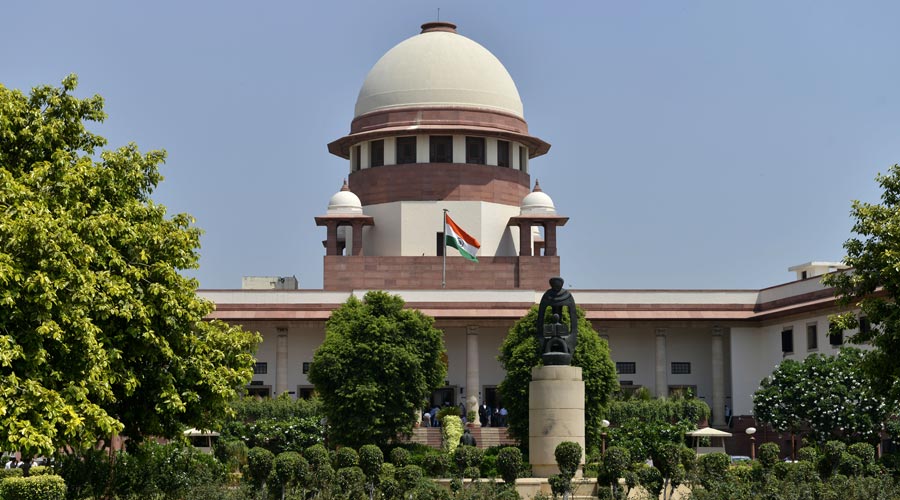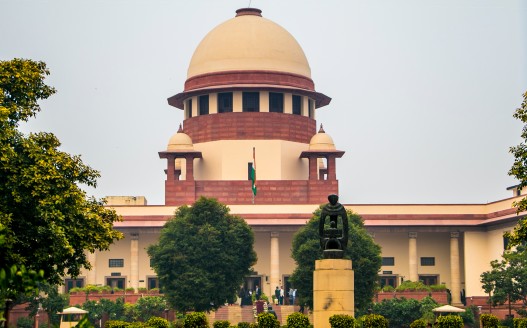The Supreme Court on Thursday upheld the death sentence handed to a Pakistani for killing three army jawans at the Red Fort in 2000, saying terror acts that challenged India’s unity, integrity and sovereignty constituted the “most aggravating circumstances”.
The apex court was hearing a second review plea from Lashkar-e-Toiba terrorist Mohd Arif alias Ashfaq after he had successfully challenged before a constitution bench the dismissal of his first review petition in 2012.
“When there is challenge to the unity, integrity and sovereignty of India by acts of terrorism, such acts are taken as the most aggravating circumstances,” the bench of Chief Justice U.U. Lalit and Justices S. Ravindra Bhat and Bela M. Trivedi said, dismissing the second review petition on Thursday.
The bench added: “There is nothing on record which can be taken to be a mitigating circumstance in favour of the review petitioner. The suggestion that there is a possibility of retribution and rehabilitation is not made out from and supported by any material on record.
“On the other hand, the aggravating circumstances evident from the record and specially the fact that there was a direct attack on the unity, integrity and sovereignty of India, completely outweigh the factors which may even remotely be brought into consideration as mitigating circumstances on record.”
A group of terrorists had on December 22, 2000, entered the Red Fort where a unit of the 7 Rajputana Rifles of the army was stationed, shot three jawans dead and left by scaling the rear boundary wall, the prosecution had said. Arif was arrested on December 25, 2000.
A sessions court awarded him the death sentence in 2005. Delhi High Court upheld the sentence in 2007 and the Supreme Court in 2011.
The top court dismissed Arif’s review petition in August 2012, and his curative petition in January 2014. Undaunted, he filed a fresh writ arguing that review petitions relating to death sentences ought to be heard by three-judge benches and decided in open court.
Review petitions are normally heard in the judges’ chambers without access to lawyers, media or the litigants.
A five-judge constitution bench accepted Arif’s plea and ruled that all matters relating to death sentences ought to be heard by a three-judge bench and in an open court. Subsequently, the present three-judge bench heard and dismissed Arif’s second review petition, which had argued:
- The courts had erred by allowing call records to be admitted in evidence in the absence of an appropriate certificate under Section 65B of the Indian Evidence Act, 1872.
- Arif’s disclosure statements must be taken to be inadmissible on account of the ill-treatment meted out to him the night between his actual arrest and his formal arrest.
- The recovery of ammunition or the encounter death of Arif’s alleged accomplice Abu Shamal at Batla House, New Delhi, cannot be associated with the disclosure statement made by Arif.
- While awarding the death sentence, the court had not considered the possibility of Arif’s retribution and rehabilitation, and whether he continued to be a threat to society.












